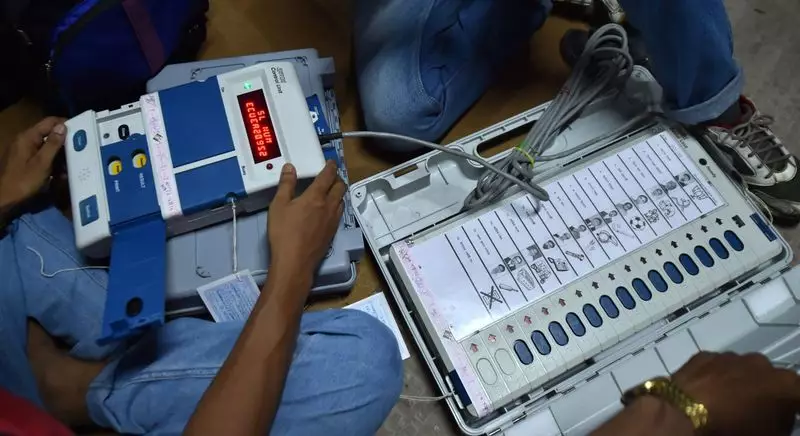
In a significant development from the recent Bihar assembly elections, election authorities have revealed that nearly 24,000 postal ballots were rejected out of more than 2 lakh such votes cast during the three-phase polls. This substantial rejection rate has raised serious questions about the electoral process and voter disenfranchisement.
Alarming Rejection Statistics Emerge
According to data compiled by the Election Commission, a total of 2,27,435 postal ballots were received during the Bihar assembly elections that concluded recently. Out of these, a staggering 23,827 ballots were rejected, representing approximately 10.5% of all postal votes cast.
The three-phase elections, held amid strict COVID-19 safety protocols, saw extensive use of postal ballots by various categories of voters including senior citizens above 80 years, persons with disabilities, and COVID-19 suspects or affected individuals. The high rejection rate indicates potential issues with the postal voting procedure or voter awareness about proper voting methods.
Category-Wise Breakdown of Postal Voting
Detailed analysis shows that service voters constituted a significant portion of those using postal ballots. The data reveals that out of 1,15,549 registered service voters, only 53,849 actually exercised their franchise through postal ballots.
Other categories included electors on essential duty and those above 80 years of age or with disabilities. The Election Commission had made special arrangements to facilitate voting for these vulnerable groups during the pandemic, but the high rejection rate suggests these measures may not have been entirely effective.
Potential Impact on Election Results
The rejection of nearly 24,000 votes could have significant implications for the electoral outcomes in closely contested constituencies. In many assembly segments in Bihar, victory margins are often smaller than the number of rejected postal ballots in the state overall.
Election experts point out that while the rejected ballots might not alter the overall state-level outcome, they could potentially affect results in specific tight races where every vote counts. The situation highlights the need for better voter education and more robust procedures for postal voting.
This development comes amid increasing calls for electoral reforms and greater transparency in the voting process. Political analysts suggest that the high rejection rate of postal ballots warrants immediate attention from the Election Commission to prevent similar situations in future elections.
The Bihar assembly elections, conducted in three phases between October and November, saw intense political competition between the National Democratic Alliance and the opposition Mahagathbandhan. The postal ballot rejection issue adds another dimension to the already complex electoral landscape of the state.





